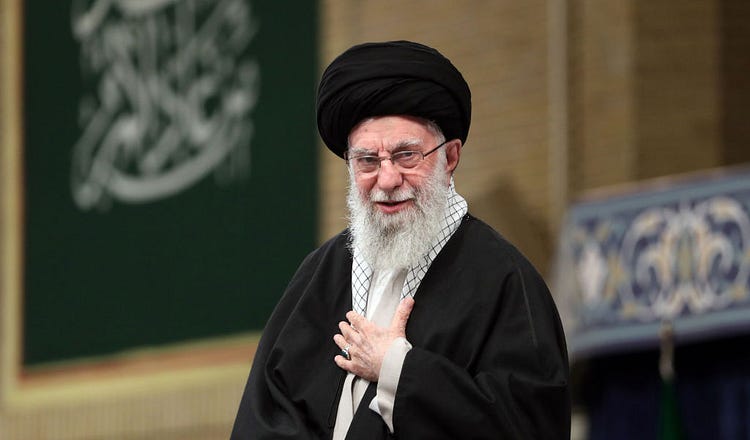
WASHINGTON, D.C. — Of all the things that have changed in the world this past year, perhaps nothing has had a more dramatic turn than the fortunes of Iran and its Axis of Resistance.
In early 2024, the Islamic Republic seemed on the cusp of becoming a nuclear-armed state—and its proxies appeared to have a chokehold on the Middle East. Hamas terrorists had carried out the slaughter of 1,200 Israelis—the largest massacre of Jews since the Holocaust. Hezbollah’s rocket fire emptied northern Israel, and Houthi militants nearly shut down commercial traffic in the Red Sea. Meanwhile, Syrian dictator Bashar al-Assad, the leader of Tehran’s closest Arab ally, was being feted by Gulf royals and European diplomats.
What a difference a year has made. Assad is now in exile in Moscow. Hezbollah is agreeing to a ceasefire; Hamas appears close to one as well. And the Israel Defense Forces destroyed most of Syria’s military arsenal over the past month.

